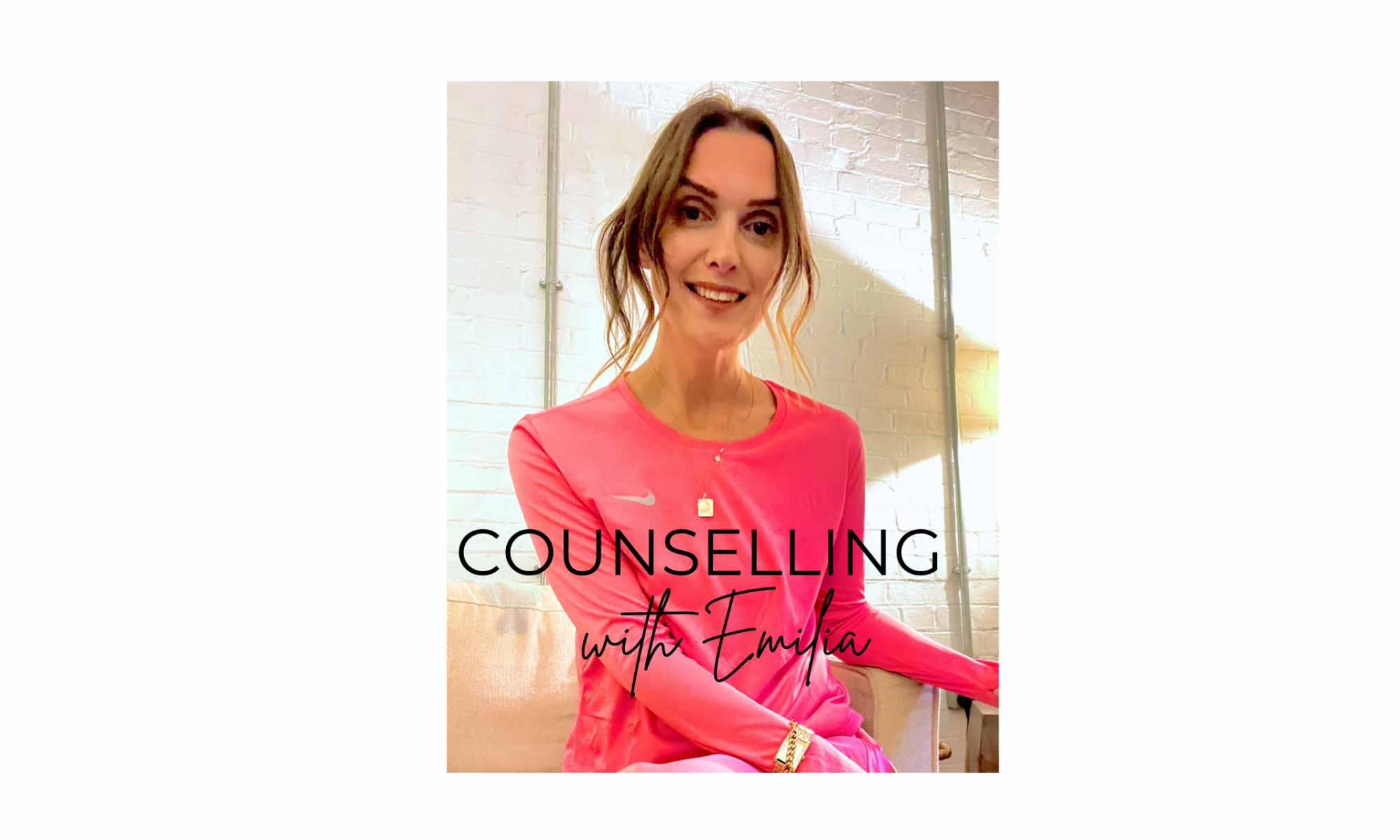‘The Ultimate Freedom’
‘The ability to choose one’s attitude in a given set of circumstances’
- Viktor Frankl
This quote is taken from Frankl’s, Man’s Search for Meaning; offering a grounding insight into the necessity to find meaning in suffering.

Frankl expresses that one ‘final freedom’ in the midst of suffering, is a person’s ability to choose their attitude towards their circumstances.
A thought-provoking concept. On the one hand what an empowering idea; we have autonomy in our thoughts, in our mindset, in moments where our lack of control over external events stares us in the face.
But is it true? Do we have control over our attitude in the face of adversity or tragedy or betrayal? Or is this stretching the capabilities of humanity a little?
From a psychodynamic point of view we are the making of our past experiences; our past casts a specific light over our present day; meaning we are very likely to perceive today based on what we’ve experienced before.
The psychodynamic view suggests that our attitude to events; our actions and reactions; are heavily influenced by what we’ve gone through before. This makes sense to me as I recognise patterns of behaviour that I commonly have, and my predictable reactions to things.
From a psychodynamic perspective, what Frankl is suggesting; that we have a choice in our attitude, can be true if we become aware of what is going on in our unconscious; by that I mean we have to revisit the past, feel it again, unearth what we might be burying, and understand how it is influencing our understanding of events in the here and now. This is not a simple task, but it is absolutely achievable.
The idea that we have autonomy over our attitude echoes existentialism; that a person is responsible for who and how they are.
‘Man is nothing other than what he makes of himself’ Sartre
This however, feels unforgiving. Accountability has it’s place in therapy for sure but too much pressure to feel accountable can also feel self-disparaging. Where is the compassion for the feeling of injustice when a person is met with tragedy? And where is the space to explore, validate and accept the presence of all feelings, or attitudes, in significant life events? Jealousy, anger or contempt for example, have just as much right to be here as gratitude, pride and peace. If we strive to choose an attitude that meets a certain acceptability I worry we’re at risk of dismissing or worse, shaming, parts of ourselves that feel otherwise.
While I discuss Frankl’s sentiment here, it’s important to note that the context of Frankl’s idea of choice being the ultimate freedom is founded on a person finding them in deep suffering where hope is nearly all but lost. I can only imagine the small comfort gaining control of your attitude over events out of your control might bring, and how invaluable and necessary for survival feeling able to choose might be.
I advocate accepting all parts of our selves, shame dies when we share. And in terms of choice, I consider our unchosen attitudes to be of most interest and often, the most authentic.
